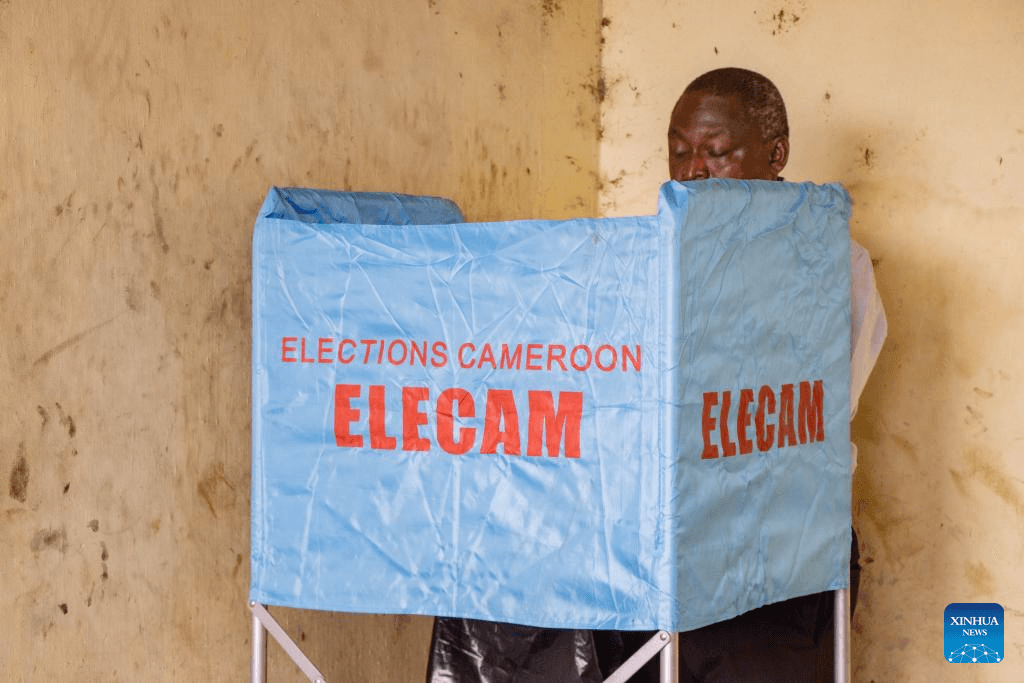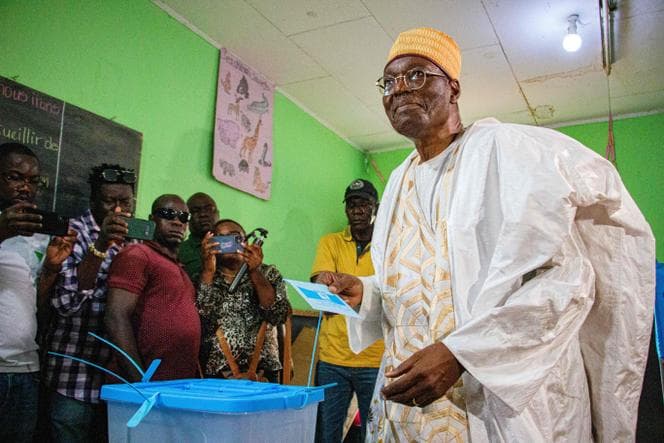Cameroon on Edge: Protests and Uncertainty as Election Results Loom

Cameroon has been thrown into political uncertainty as protests spread across major cities following opposition leader Issa Tchiroma Bakary’s declaration that he won the country’s October 12, 2025 presidential election. The announcement came even as the Constitutional Council has yet to release official results, leaving the nation on edge amid rising tensions, arrests, and allegations of vote manipulation.
Tchiroma, a former communications minister and leader of the National Alliance for Progress and Justice, addressed supporters in Yaoundé just two days after the polls closed, claiming he had secured 54.8 percent of the votes based on what he described as “verified counts” from regional polling stations. Surrounded by cheering supporters waving party flags, Tchiroma announced, “The Cameroonian people have spoken. They have chosen change, and I am their elected president.” He urged the electoral commission to “respect the will of the people” and warned that any attempt to alter the results would be “a direct attack on democracy.”

The declaration immediately triggered a wave of demonstrations across the country. Thousands of opposition supporters poured into the streets of Douala, Yaoundé, Bafoussam and Garoua, celebrating what they saw as a long awaited end to President Paul Biya’s four-decade rule. However, the government swiftly dismissed Tchiroma’s announcement as “irresponsible and premature,” accusing him of inciting unrest before the official results were confirmed.
Security forces responded with a heavy hand, using tear gas and water cannons to disperse protesters. In Garoua, at least 20 demonstrators were arrested and charged with “public disorder” and “attempting to destabilize the state.” Witnesses reported that several people were injured during clashes with the police and local media confirmed that one teacher was killed by stray bullets during the unrest. The atmosphere has been further strained by widespread internet disruptions and temporary social media blackouts, which many believe were ordered by the government to stifle the spread of protest footage and opposition messages. Civil society organizations have condemned the move as a violation of citizens’ right to information and expression.

Meanwhile, the Constitutional Council rejected all ten petitions challenging the election process, citing lack of evidence. The opposition, however, maintains that the ruling party engaged in widespread irregularities, including ballot-stuffing, voter intimidation and the manipulation of results in key regions. International observers have called for transparency, urging authorities to release polling data and ensure the official results reflect the actual vote count.
President Paul Biya, who has been in power since 1982, is seeking an eighth term in office. His administration has faced growing criticism for its handling of the Anglophone crisis, economic stagnation, and alleged human rights abuses. Many Cameroonians see this election as a test of whether the country can transition toward genuine democracy or remain under the grip of long standing authoritarian rule. As the nation awaits the official announcement, expected by October 26, tensions continue to mount. Opposition groups have called for peaceful demonstrations, while the government warns that “any illegal gatherings will be met with appropriate measures.”

Cameroon now stands at a crossroads; between stability and chaos, between continuity and change as the world watches its next move.
